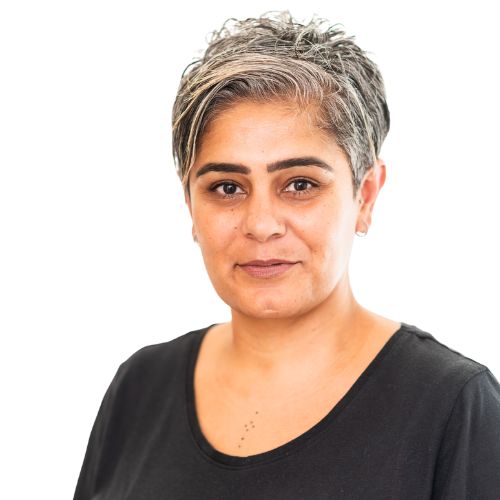Treatment options and pricing
Browse and click below to book any of our available service.
Art Psychotherapy Follow up Session
Included in the Art Psychotherapy Follow up Session
During a follow-up session for Art Psychotherapy, you’ll continue your therapeutic journey by engaging in creative activities under the guidance of a trained therapist, allowing you to further explore your emotions, thoughts, and personal growth through artistic expression and meaningful dialogue.
Art Psychotherapy Initial Appointment
Included in the Art Psychotherapy Initial Appointment
In your first Art Psychotherapy appointment, which combines consultation and a creative session, you’ll discuss your goals and preferences with a trained therapist, followed by engaging in art-based activities to begin a personalised journey of self-expression, reflection, and emotional exploration in a safe and nurturing environment.
Common Q&A about Art Psychotherapy
Our FAQ section is designed to address common questions you may have, from how our treatments work to what you can expect during and after your session.
Our team is always available to provide additional support if you need more personalised guidance, ensuring that you feel informed and confident every step of the way.
Art Psychotherapy is a form of therapy that uses visual arts as a way for individuals to express themselves, facilitate emotional healing, and explore their feelings in a safe environment.
Individuals of all ages, including children, adolescents, and adults, can benefit from art therapy, especially those struggling with anxiety, depression, trauma, or other emotional challenges.
No, there are no artistic skills required; the focus is on the process of creation and expression rather than the final product.
Art Psychotherapy may include a variety of materials such as paint, clay, collage, drawing tools, and mixed media, all chosen based on the individual’s preferences.
Sessions often begin with a discussion of feelings or experiences, followed by the creation of art, and end with reflection and discussion about the artwork and emotions involved.
Yes, it can be integrated with other therapeutic approaches, such as talk therapy, to enhance the overall healing process.
The number of sessions varies based on individual needs and goals; some may benefit from a few sessions while others might engage in a longer-term process.
Research indicates that Art Psychotherapy can be effective in processing trauma, as it allows individuals to express feelings that may be difficult to articulate verbally.
Yes, confidentiality is maintained in therapy, allowing individuals to feel secure in expressing themselves without fear of judgment.
Seeking a licensed art therapist with relevant credentials, such as those from professional organizations, or consulting mental health professionals for referrals can help in finding a qualified practitioner.



